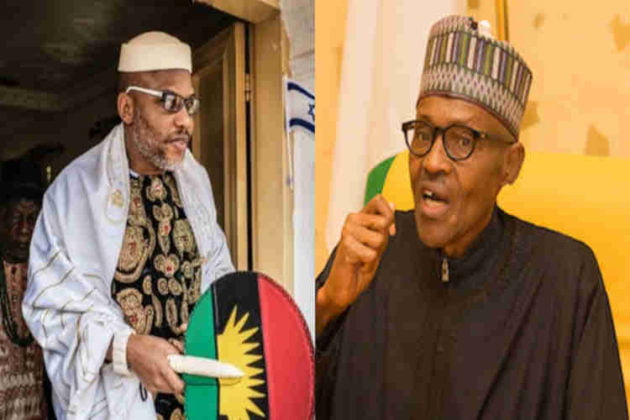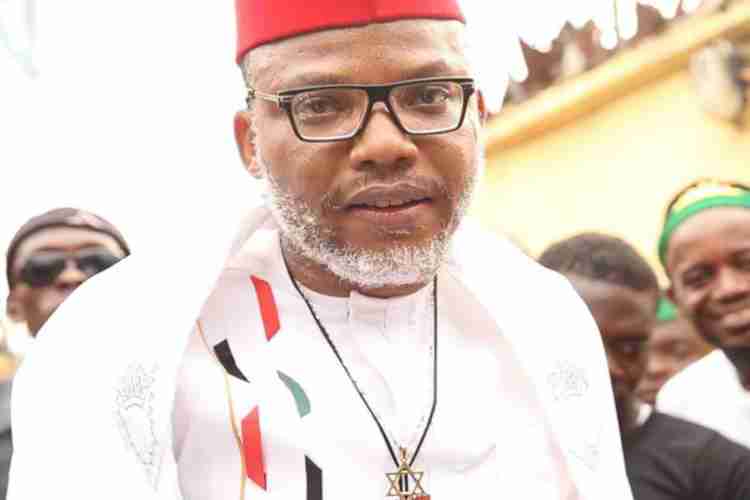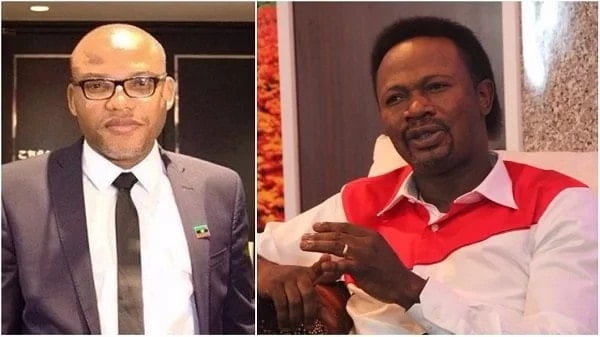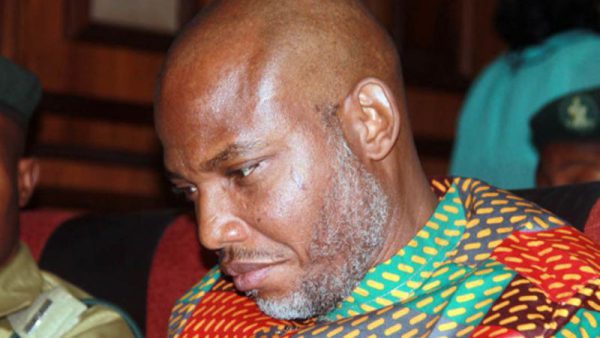
It’s been 50 good years since the civil war ended. Yet we still fight. We have moved the war to our hearts. We fight in the inner recesses of our mind. The war rages in full fury. Even more dangerous now than when it first began. Whereas the battlefield was some defined geographical space, spreading from the South East through the South-south, now the battleground is in our hearts.
We fight not with guns and bombs. We war with skewed policies, inequality, injustice, nepotism, ethnicity and even religion. We fight with our emotion, with our biases and prejudices. Ideology is the most dangerous weapon of war. And hell, we’ve deployed it in good measure. But war is evil. It does no good to societies. It is a destroyer of fabrics; an annihilator of trust and love. War is agent of fear; the harbinger of evil tidings. War is a killer, a dimmer of hope. War is death itself. It is the recipe for fatality.
For a good 30 months, the Nigerian troops squared up against the people of Biafra. Brother against brother. Over 3 million people consumed. A genocide. Mass murder. Our leaders didn’t think we could still talk our way out of our differences. They did not endure in the station of compromise. They tarried not for jaw-jaw. They trusted in bayonets and bazookas. Tired of very manifest injustice, the Biafrans wanted a life of their own. They wanted their sovereignty. They could not trust the Union to protect their destiny and identity. This article is not to apportion blame. It’s not to throw up the debate over who fired the first shot; who betrayed who or who emerged victorious. Never. But it seeks to ask the question: why was there a way in the first place? What and what led to the war. I fault those who argue we should forget the past and move forward. Yes, we must move forward but we must never cease to ask the question: why war? All accounts of the war point to one clear fact: the existence of mistrust among the different ethnic groups arising from some historical oddities.
Sadly, 50 years after the war, those absurdities still exist. The inequalities and injustices that precipitated the war still define our national ethos. The past is still the present. The feudatory inclination of a section of the country still looms large. The vassals are still treated with contempt in a manner that prompts the question: have we not learnt any lessons from our past? Those who sow in tears have no harvest. Those who are too lazy to sow, plunder the harvest of those who sow. Such mortifying paradox! The Nigerian project is still cast in George Orwell’s Animal Farm. A vast farmland where over-worked animals till the earth but greedy humans plunder the harvest. A case akin to the medieval feudal lords and the serfs. These were the fodder that sparked the fire of the war. We are yet to discard these fodder. During the war, we merely allowed them to burn halfway. After the war, rather than throw them away, we kept them in our homes, in our neighbourhoods, in our hearts. The fodder of injustice, marginalization, inequality, ethnicity among others are still here and alive.
Is it not troubling that a government that banishes Bakassi vigilante, Egbesu Boys, Amotekun all in the south will allow free reign for Hisbah and civilian JTF in the north? How can a government justify the banishment of adherents of unarmed IPOB as a terror group but looks away when Fulani herdsmen, bearing arms in full glare, kill, kidnap, maim and loot? How can we rationalize the sharing of national revenue according to number of local governments and not according to how much each local government or state produces? And how can Lagos State with more population have just 20 local governments while Kano with lesser population have 44 local governments in a country where national revenue is rationed according to number of local governments? And how can we go to bed and sleep well when 50 years after the war, the South East is yet to produce the president of the country? And we are busy racking up reasons why it cannot.
And why is it that we deviously took our rehabilitation and reconstruction initiatives to other parts of the country but abandon the real theatre and battleground of the war, the south east and south-south? Where is the spirit of reconciliation and reintegration? Where is the succor for the broken hearts of the South east and south-south? The only South-south son that ever led the country became president by default, by providential sleight.
Fifty years after a bloody war, Nigerian leadership must rise above the mundane and take deliberate steps to heal the scarcely healed wounds. Such reconciliatory gestures must reflect in our language, in our appointments and in the distribution of wealth. We must collectively hew the woods and collectively and equitably share the cake. That’s the only genuine way to heal the still hurting wounds left behind by the bestial massacre of the innocents in Asaba; the gruesome killings of women, children and men in the battlefields and in the homes.
Nigeria has experienced one of the worst wars in human history. We cannot afford another war. Indeed, we don’t need another war. Never! The memory of the civil war is pain, hurt and anguish. It’s the memory of all wars: unpleasant and distasteful. Away with war, including the neo-Nigeria civil war which we now fight in our hearts, in our toxic and divisive verbal outpourings, in the lopsided manner we distribute resources.
But no matter, we must find the will to heal our hurting hearts. And only the leaders can initiate and execute such reconciliation. Let’s not pretend this time. The war still rages on social media; in our hurting and biased hearts; in the disproportionate distribution of national wealth and the obvious show of inequality in the appointment of public officials.
At this point and this time, you would expect the elders, the Council of State, statesmen, religious and traditional leaders to speak healing to the nation. President Buhari should lead this new charge for genuine national reconciliation. He is not nationalistic and reconciliatory with his appointments. His body language has not helped matters either. He is too protective of the killer herdsmen. And too eager to shoot down any one standing in the way of the bloody and barbaric Fulani marauders. Let the president kick-start this healing process by at least empathising with the bereaved and the hurting. And then let him recognize the place of Federal Character and national spread in his appointments. Let’s put a closure to this war, even in our hearts.














